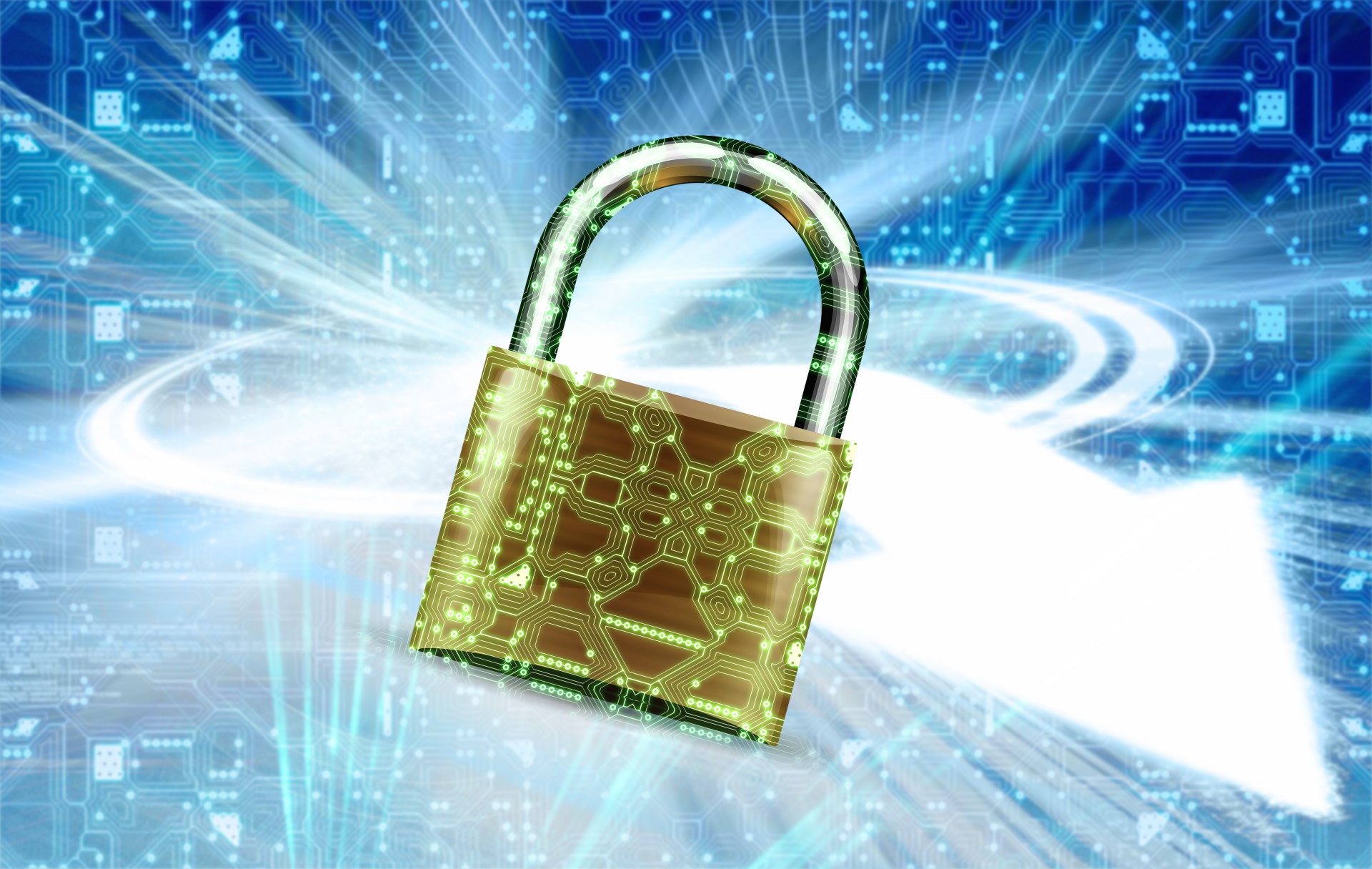This is a little late, both in posting time and following the cyber attack but following up from the post on sister site The Noodle & Bean, here’s a few more ways to keep safe when you’re online:
Look for the Padlock and the S
It might sound simple, but with HTML tools being more freely available than ever before, anyone can create a convincing webpage in a matter of hours and with a simple form builder can sweet talk you into entering in your credit card information in return for the world.
But take a look at the address in the bar. Do you see an “s” on the end of the “http” prefix? Do you see a green address bar, an icon of a padlock or any ticks? Upon clicking on said icon does it claim the site is trusted and any web adresses or company names match the name of the site or the URL in the address bar? If you can’t say yes to more than half of these questions, maybe think twice before you hit submit.
Beware of the Imfamous Nigerian Princes and Russian/Ukranian Girlfriends
Didn’t remember dating someone from another country? Don’t know any royalty? Didn’t think so. These emails are often simple in nature and often simply want you to reply to them, proving that you’re real and your account is still active. With this they can help build a trust with you and eventually talk you into giving bank details in order to supposedly give over your bank details. Of course, hand over the wrong details and they’ll have access to your account and authorisation to go shopping on your dime!
There are also others that skip past the whole conversation building and get straight to the point with a hyperlink, taking you to an inncoent looking form on the surface (usually without an SSL Certificate or any of the details in the first point above), but without any form of verification, you have no guarantee that when you press that Submit button, your details will be going where they say they will (if at all).
Beware of Phising Folk Too
Trick emails go beyond individuals. Dressed up scams disguised as real companies show up too, often theataning that your account with them has been compromised, but they can fix it if you click a link, email back by clicking on a different mysterious link and in either case send them your username, password or details.
Companies will never ask for your password or address. They already know what they need to know about you and shouldn’t have any reason to ask for your password to sort out your account (after all, they run the stuff backstage, so why would they need to log in via the front?).
Giving up personal passwords is like handing a total stranger a key to your house and going away for 2 weeks. Don’t do it!
Free – But Is It Worth It?
It can be hard to trust or distrust software these days. Smaller independant developers that are on the ground everyday know the holes in systems that big corporations skipped over in development and can often develop software to solve the problem. Sadly there’s may people that try to get rich quick in the digital world too, often creating supposedly free software to apparently tune up your computer and give you more processing power. This software often ends up doing the opposite, installing extra bumpf that you didn’t ask for (sourced through sponsorship deals) or often in cahoots with people that can actually fix your computer in the hope you’d contact them and pay them to put it back to what it was before you installed the free software.
That said, there’s many good free pieces of software that often will help you far more than software that costs a fortune!
The best way to seperate this wheat from the chaff is it use your head, check the reviews of others (not just the one sentence ones either!) and if in doubt, have a test machine to run it on with nothing of sentimental value on it (if you don’t have more than one computer, try making a virtual machine with Oracle’s VirtualBox (link on the right), which you can find reviews for here and here, so you can make an informed decision rather than taking my advise as gospel.
Be a V. SMART P. & Protect Yourself
Whether you’re on Windows, Mac, Linux, iOS, Android or Symbian, all of them have suffered from either/or Viruses, Spyware, Malware, Adware, Malware, Ransomware or Trojan Horse style programs as well as links from Phising emails. Get yourself a security suite, update it’s database regularly so it knows what to look for, take time to set up your firewall so you know what to let in and out and check things before you commit to clicking on or installing stuff. In today’s world the computer looks so disposable as a commodity, but with our growing relaince on them in our bags, our pockets and our living rooms, collectively they’re as valuable as your car, your house or apartment, your assets and valuables and don’t forget your own identity (particularly since we use them to look after all of the above), so be a Very SMART Person and keep your technology safe, before you find yourself needing to seek safety from the technology.
Mike


